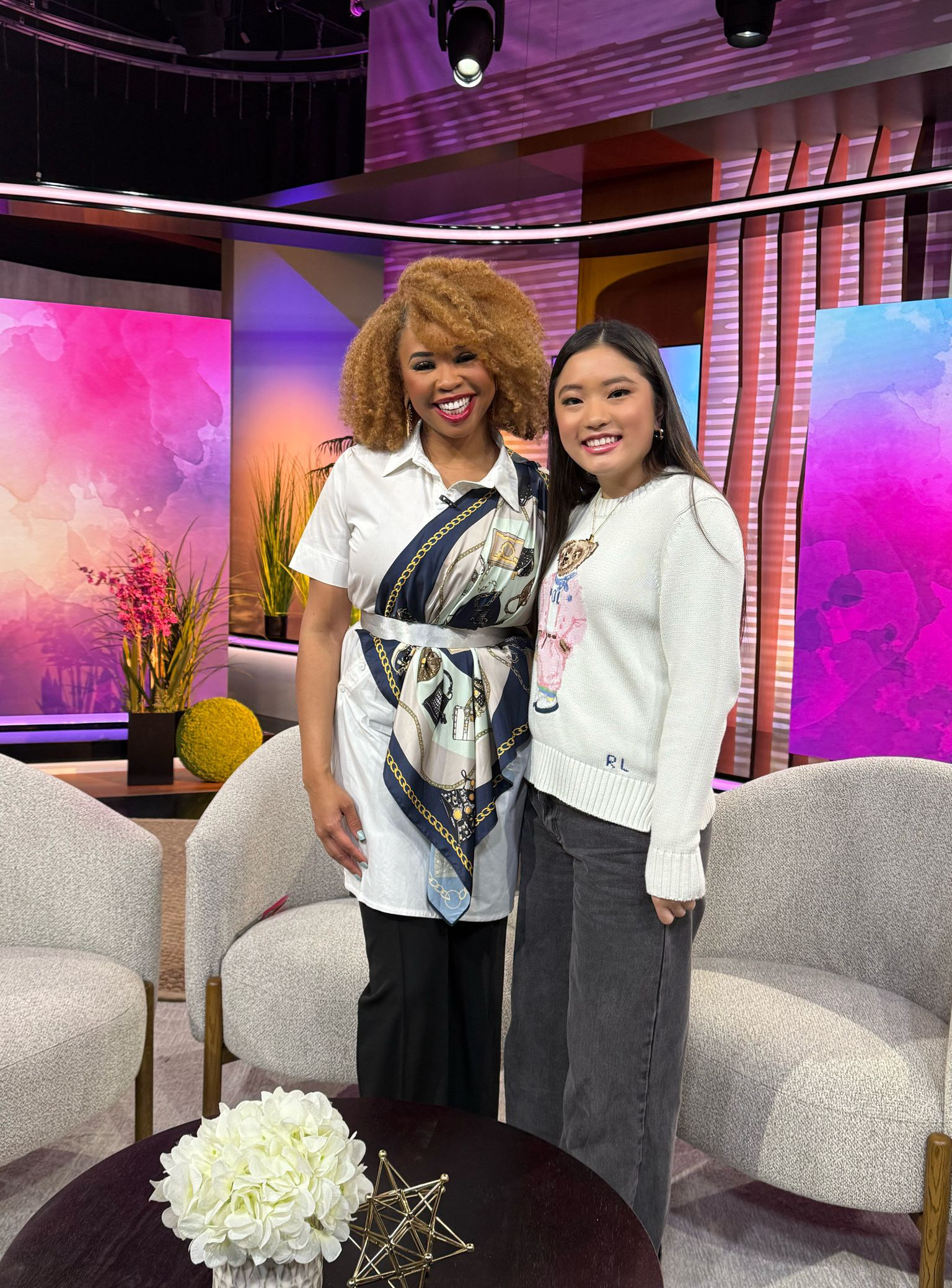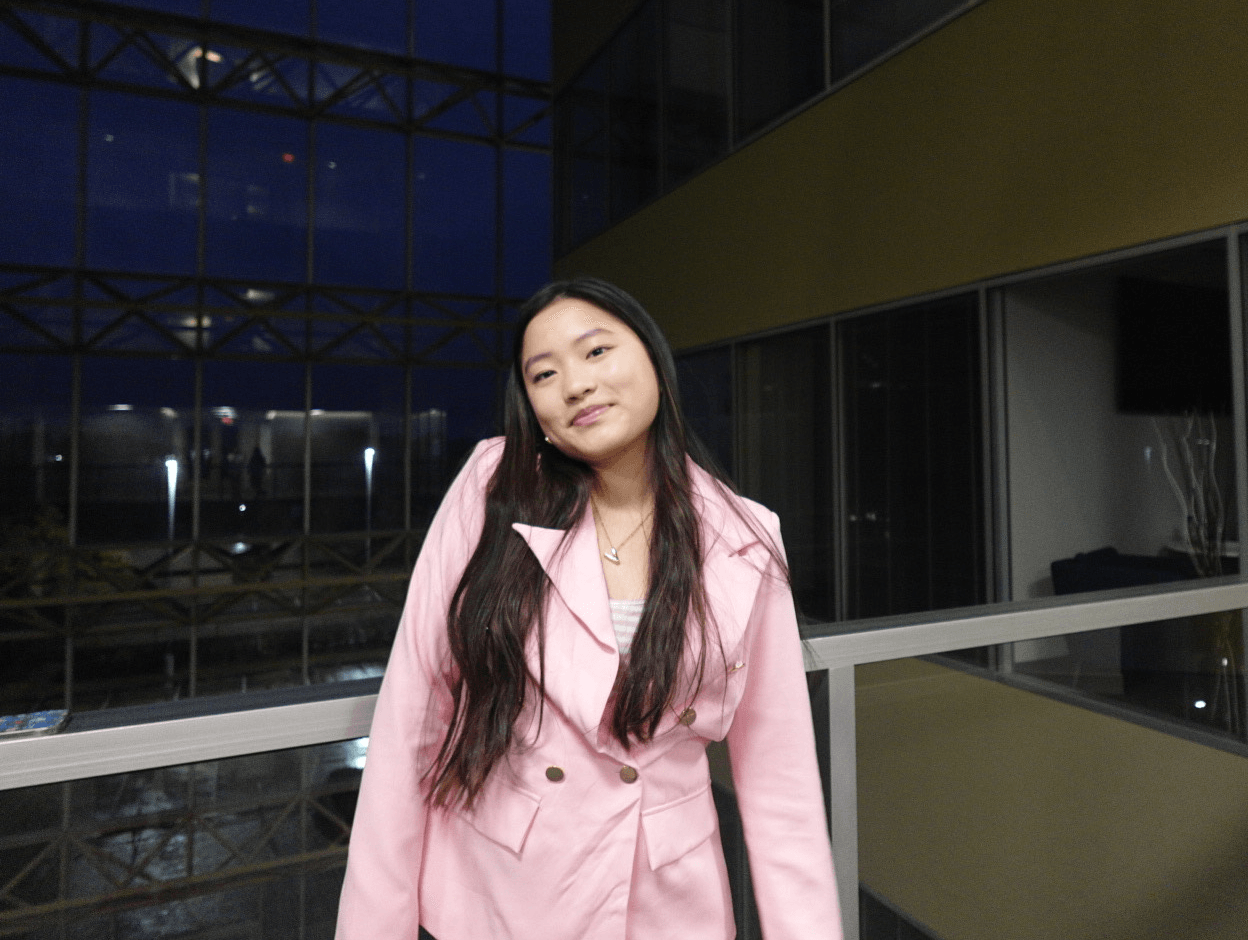We’re excited to introduce you to the always interesting and insightful Vivian Liu. We hope you’ll enjoy our conversation with Vivian below.
Vivian, looking forward to hearing all of your stories today. Was there an experience or lesson you learned at a previous job that’s benefited your career afterwards?
I spent my full-time internship working at Houston’s Premier Corex in the summer of 2024 with PhDs, million-dollar machines, and more acronyms than I could ever hope to learn how to spell. I was a high school student in a lab coat that was a bit too big on me, trying to look as though I had a clue what “permeability analysis” was.
At first, I said nothing. I did not want to ask, did not want to raise suspicion that I was somehow not ready for this world, that I had snuck into a realm I had not been invited into. Instead of asking, then, I guessed. One day, I nearly misidentified a suite of core samples because I was afraid to question the identification system. It was not an all-out disaster, but it was enough to humble me immensely.
That’s where I learned the most important thing I’ve carried with me in running my own nonprofit: always ask. Ask when you are lost. Ask when you wonder. Ask even if you feel embarrassed about not knowing. Because every time I asked, I didn’t just get an answer—I got a conversation, a new perspective, a mentor who could see that you were genuine in wanting to learn more.
Now, being a nonprofit owner with thousands of volunteers serving all around the world, I still hear that occasional voice in my head—the voice that tells me, “You should know this already.” But I answer back with a better one: “Let’s find out.”
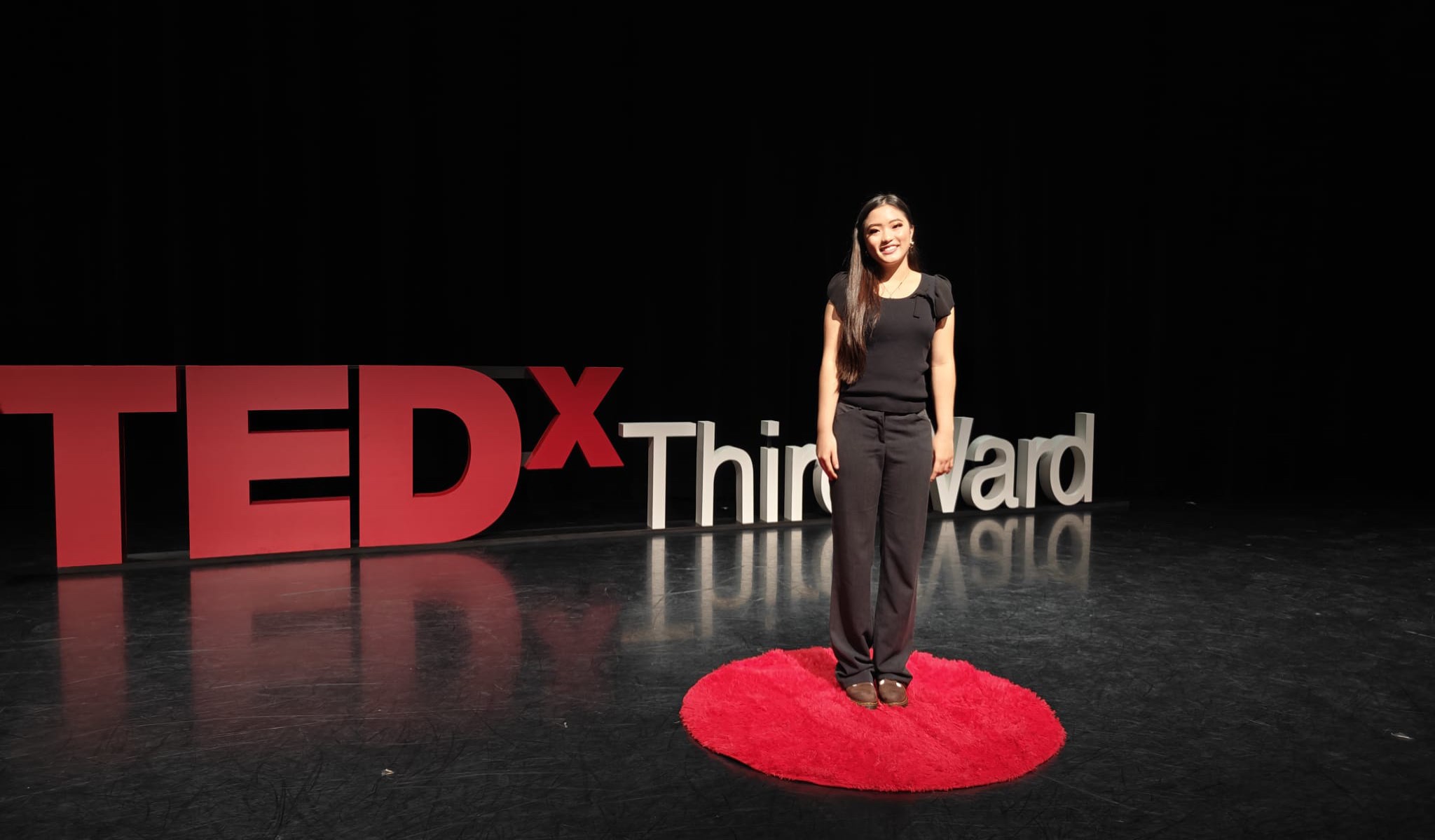
Vivian, love having you share your insights with us. Before we ask you more questions, maybe you can take a moment to introduce yourself to our readers who might have missed our earlier conversations?
Hi, I’m Vivian Liu! I’m a high school student, community organizer, and the co-founder of Origami For Good, a youth-led international nonprofit that spreads handmade origami to spread joy, mental wellness, and cultural appreciation. We distribute folded works with inspirational messages to children’s hospitals, nursing homes, military bases, and beyond—each one made from recycled paper and folded with love.
The concept originated in my own childhood. My grandmother, who raised me alongside my parents, taught me how to do origami when I was a child. Folding soon became more than a hobby—it was a means of peace, purpose, and connection. In tough times, the act of folding provided control. As I got older, I knew it could do the same for others.
Today, Origami For Good is powered by a global network of youth chapters, hundreds of committed volunteers, and tens of thousands of donated origami pieces. What is unique about our work is how personal it becomes. Every piece is handmade, every note thoughtful, and every delivery a reminder that someone, somewhere, cares.
We’ve collaborated with major brands, partnered with facilities around the world, and been featured in publications and broadcasts. But what I’m most proud of is the community we’ve built—a generation of young people using creativity and compassion to make a tangible difference.
I also co-founded Future Female Scholars (futurefemalescholars.com), a student-coded platform that provides free STEM tutoring to students in underserved communities. Built from scratch with my childhood friend, Claire Wang, the platform connects passionate teen tutors with learners who may not have had access to support otherwise. Together, we’re helping bridge gaps in education and opportunity.
Beyond these initiatives, I’ve conducted mechanical engineering research at the University of North Texas, interned in fluids and geomechanics, performed violin at senior centers, spoken at TEDx, and shared my story through essays, interviews, and television features.
At the heart of everything I do lies a belief in the power of small things—a single fold, a single conversation, one moment of courage. I hope people see my work not just as a project, but as an invitation that creativity, kindness, and action are always within our grasp.
To learn more or get involved, you can follow @origami.forgood or go to www.origamiforgood.org.
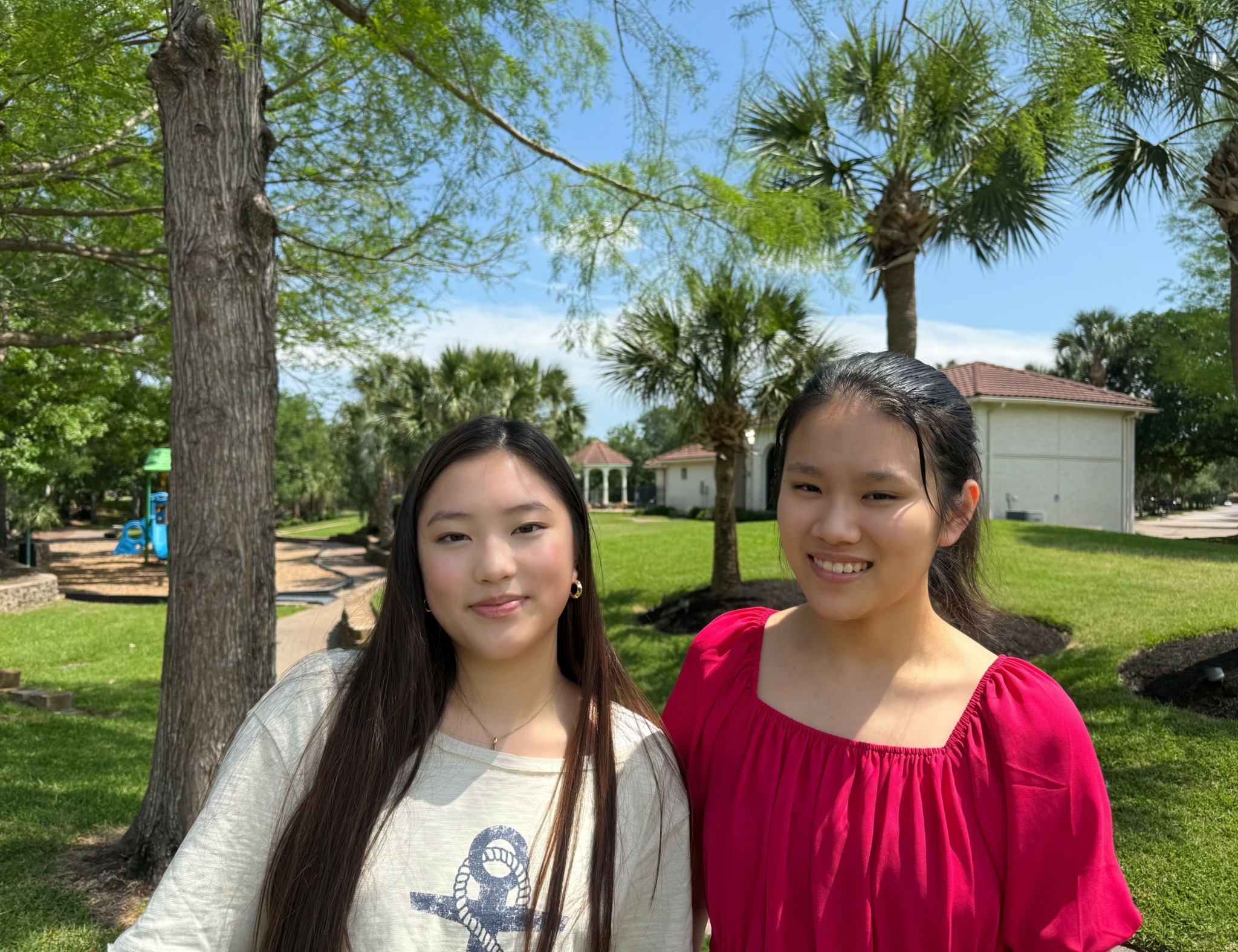
Any insights you can share with us about how you built up your social media presence?
When we started Origami For Good, we just wanted to show the world what we were doing. Initially, we just shared pictures and captions. But as time passed, we saw how powerful social media could be in turning a small idea into something that became a movement that was global. Consistency was the most important driver of our growth. We posted daily, even when nobody was responding, because being present was more important. People began to see what we were doing and connect with it.
Reels had a significant effect. Short, bite-sized videos of folding sessions, donation drop-offs, and individual hello’s made our mission real. We experimented with different formats, and paid close attention to what worked. Paying attention to metrics helped us get to know our followers better. We tracked what posts gained the most reach, saves, and shares, and tailored future content based on that.
We applied the same approach to Future Female Scholars. We shared tutor spotlights, student achievements, and moments of impact. Always we attempted to make people feel something, and to make the mission clear in seconds.
If you’re new, my recommendation is to be consistent and stay true to the data. Try different formats, keep the message real, and don’t be afraid to adjust based on what your audience is responding to. Social media isn’t a platform—it’s a conversation. The more you listen and learn, the stronger your presence will become.
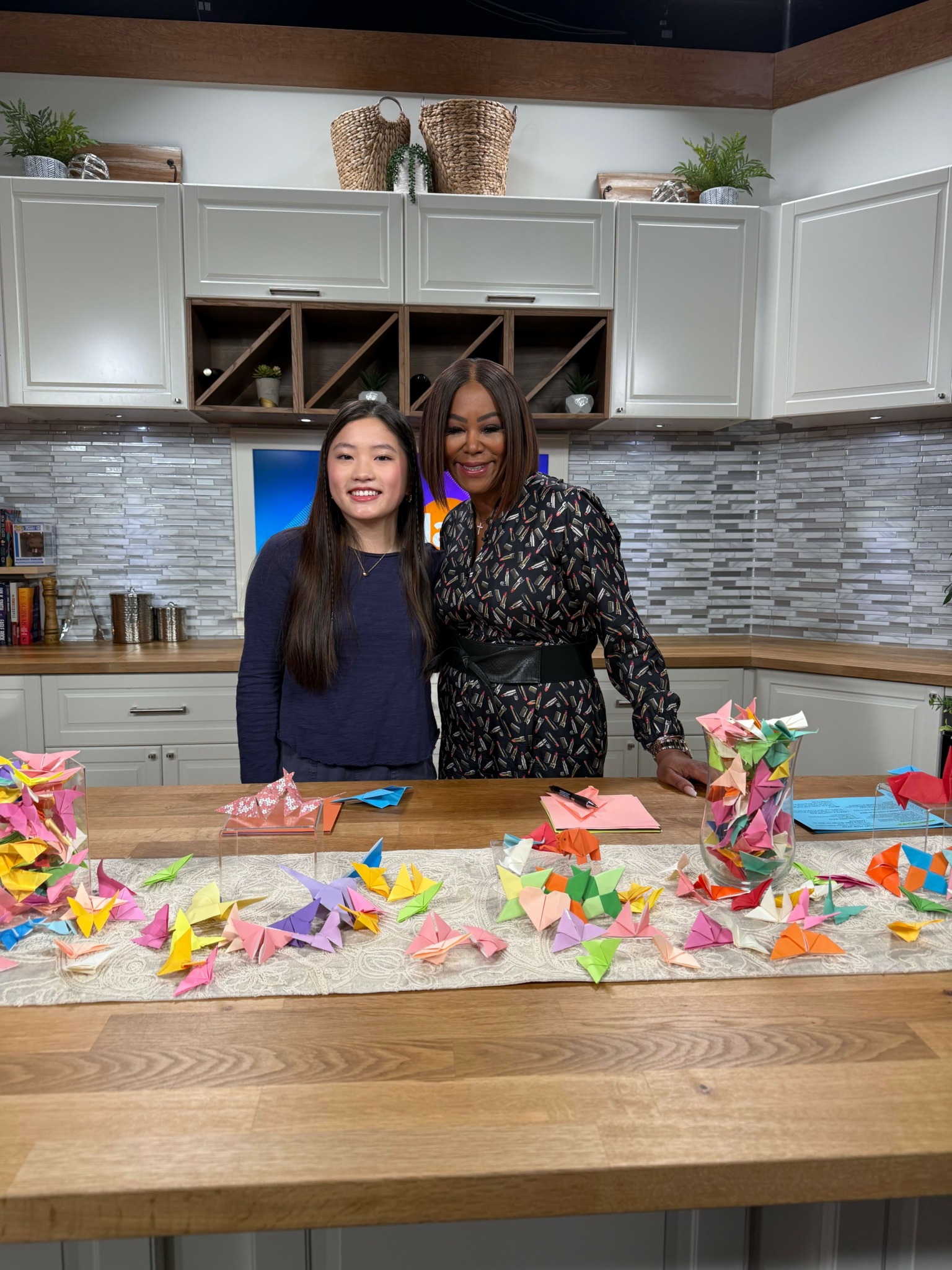
We’d love to hear about how you met your business partner.
Claire and I have been friends since we were kids, the kind of friendship built on school projects, inside jokes, and shared dreams about doing something that mattered. As we grew up, we both noticed the same gaps in education. Students lacked access to academic support, and girls often didn’t feel seen or supported in STEM spaces. We wanted to change that, and instead of waiting for someone else to do it, we decided to take action.
We taught ourselves how to code and built futurefemalescholars.com, a free platform that connects underserved students with teen tutors passionate about STEM. Neither of us had created a full website before, so we learned everything from scratch. We figured out how to troubleshoot errors, design clean layouts, and build something functional that people could actually use. There were nights when the code broke, the design failed, or we felt completely stuck. But we kept going because we believed in the mission.
What makes it meaningful is not just the impact, but the fact that it was built by two girls who started as childhood friends and turned a shared frustration into a real solution. We grew alongside the platform, and every student who joins is a reminder that small ideas, when followed through, can lead to real change.
Contact Info:
- Website: https://www.origamiforgood.org/
- Instagram: @vivianhliu or @origami.forgood
- Linkedin: https://www.linkedin.com/in/vivianhliu/
